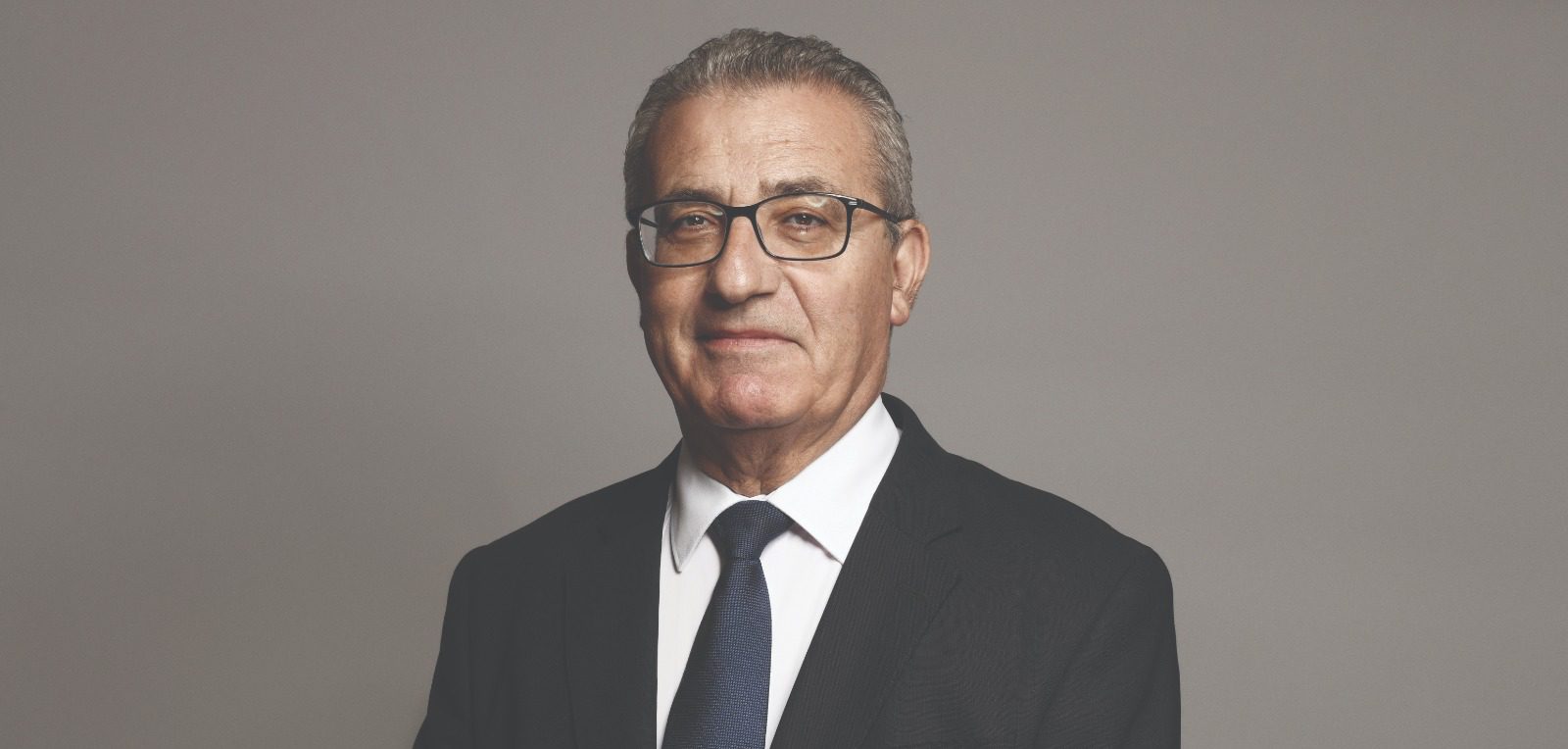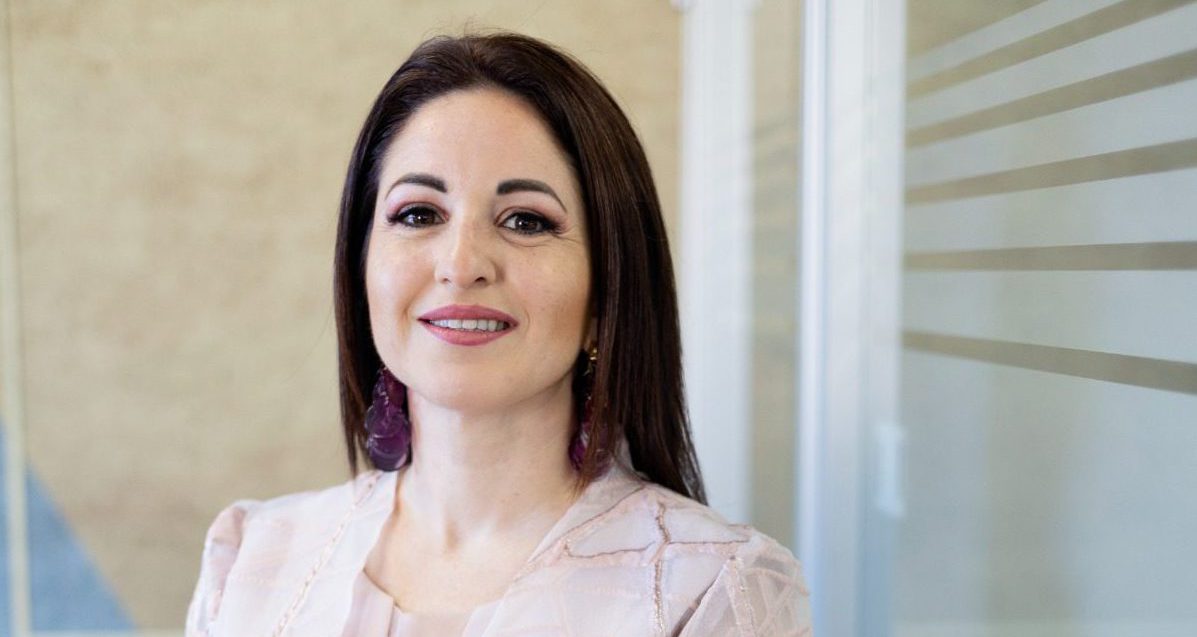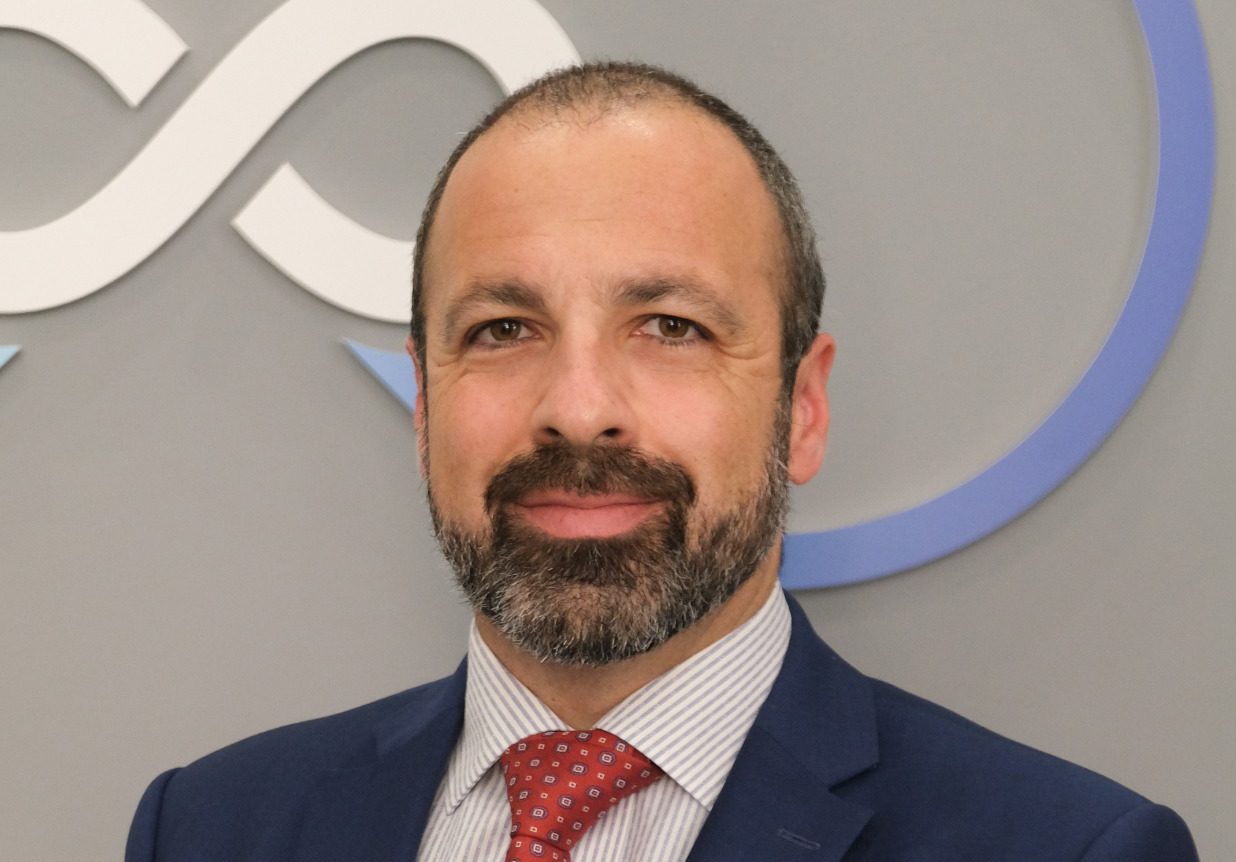It has now been over five months since Vladimir Putin’s invasion of Ukraine, plunging Europe into war and killing (so far) 5,237 civilians – including hundreds of children – according to the Office of the United Nations High Commissioner for Human Rights (OHCHR).
Yet, as the human toll continues to be documented and processed, there is an increasing awareness that a protracted conflict will also extend Ukraine’s, and Europe’s, financial woes – indeed, Ukraine’s economy is expected to contract by 45 per cent this year, the World Bank predicts, leading to a longer recovery once the tensions have been resolved.
Prolonged hostilities will also exacerbate the ripple-effect being seen in Europe, where fuel and food prices are increasing, pushing up energy costs, and threatening the safety and security of the continent, which is still recovering from the COVID-19 pandemic. “In terms of the European security architecture, it’s opened a deep wound which is going to take long to heal,” former Minister of Foreign Affairs, Evarist Bartolo says, pointing to the war’s significance in light of the anniversary of the Helsinki process, which culminated in the Helsinki Accords, signed in 1975, aiming to diminish tensions between the Soviet and Western blocs of Europe.
“We are approaching the 50th anniversary of the Helsinki process, which would have been celebrated in 2025, but now, rather than the spirit of Helsinki past, we are confronted with living spirits, since putting Europe together again is going to be a challenge. Whether we like it or not, Russia is partly in Europe and it’s important to have some kind of security architecture in which territorial sovereignty is respected, and in which we safeguard each other’s security. That’s going to be a tall order, since first there needs to be a ceasefire and then years of rebuilding,” he explains.
From an economic perspective, “the whole world has been affected”, he continues, though he underscores the particular vulnerability of the Mediterranean region. “We’re living in a sensitive area of the world, where countries like Egypt, Tunisia, Libya, and Algeria get most of their wheat from Ukraine and Russia. However, the issue is not just prices – which have hit everyone – but also supplies, for this and for next year. And, we know that problems in the supply of wheat in these countries have led to political instability.”
Elaborating on the impact of the war on Malta, Mr Bartolo outlines the five main areas which have been hit worldwide due to the conflict – grain and wheat; transport; energy; metal; and microchips. “This war basically touches upon everything,” he states. In this light, he praises the European Union’s decision to extend the suspension of its Stability and Growth Pact (SGP) which, usually, limits countries to keeping their public deficit and debt below prescribed limits. “This will be suspended until the end of 2023, and that’s good news, since it means that our Government can continue supporting families and businesses.”
Mr Bartolo also praises the decision to diversify energy sources in Malta, with the price of energy from the power station being considerably lower than any sourced from the continent. “If we had only been dependent on the interconnector [from Italy], it would be a tragedy. We would be in trouble since there is a substantial price difference between the cost of generating energy through the power station and importing power. With the latter, you’re tied to the European market and that is something we cannot influence. But, at least, the hedging agreement with the power station has served as a cushion since, of course, energy has a big impact on our economies and on families,” he says.
For, he underscores, “we cannot influence the international or global environment ourselves; what we can do is mitigate the effect in Malta.” In this regard, he also points to the need to diversify traditional supply and value chains saying that, typically, “there is a kind of inertia” and the same sources keep on being used. “However, it would be wiser in terms of security, and the supply of energy and goods, to diversify. As the war in Ukraine has shown, if you’re too dependent on one country, you’ll be less resilient and flexible to face any challenges which arise.”
The energy crisis precipitated by the war is also pushing other, bigger countries to discuss alternative sources, he says. “One of the greatest consequences of the war has been its impact on the climate crisis since we are burning more coal and more fossil fuels than ever, yet there is hesitation to move towards alternative energy, and to move towards something which is deemed to not be developed enough.” It has, thus, also raised the possibility of revisiting nuclear energy, he continues to explain, with France moving towards this solution as a way of diversifying their energy sources, although there is still much hesitation on the continent, in countries like Germany and Italy.
These discussions, however, are symptomatic of the new reality countries around the globe have woken up to. “The war in Ukraine has changed the world irrevocably. We were coming out of COVID thinking the world will never be the same again; the climate crisis is also changing the world, and now this war. At the moment, it would be presumptuous to say how the landscape could continue to shift in terms of geopolitics, security and the economy. The worst thing that could happen, however, is if the world fragments into hostile blocs, with countries decoupling from each other and even refusing to trade with each other,” he concludes.
This is an extract on an in-depth feature on the war in Ukraine first featured on the summer 2022 edition of Business Now magazine, the sister brand to BusinessNow.mt, produced by Content House Group
Uniplural Group: ‘Our brand transformation fortifies our position as a one-stop-shop within the community’
The newly rebranded Uniplural Group provides a diversity of care services strategically united to embrace emerging growth prospects
Print&Merchandise embracing sustainable merchandising solutions
Janice Calleja, manager at Print&Merchandise, highlights the company's high-quality, bespoke services, alongside its evolution towards eco-friendly solutions
‘Regulating what is happening today is only part of what we do at the Malta Communications Authority’
Inġ Antoine Sciberras explains how the regulatory authority strikes a balance between healthy competition, and facilitating new tech investment





